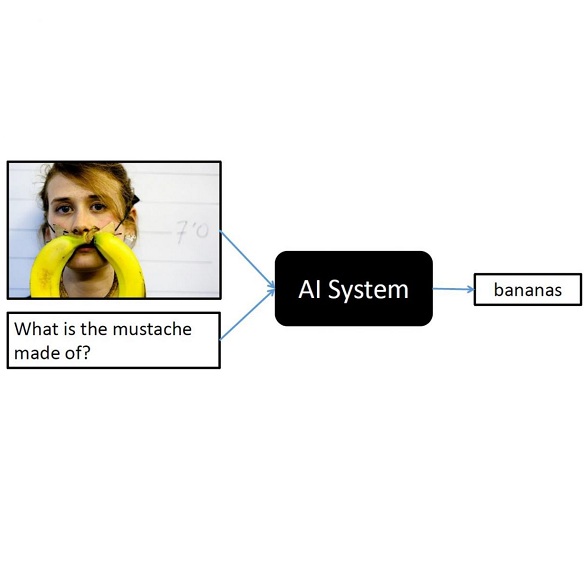Multimodal large language models (MLLMs) represent an evolutionary expansion in the capabilities of traditional large language models, enabling them to tackle challenges that surpass the scope of purely text-based applications. It leverages the knowledge previously encoded within these language models, thereby enhancing their applicability and functionality in the reign of multimodal contexts. Recent works investigate the adaptation of MLLMs to predict free-form answers as a generative task to solve medical visual question answering (Med-VQA) tasks. In this paper, we propose a parameter efficient framework for fine-tuning MLLM specifically tailored to Med-VQA applications, and empirically validate it on a public benchmark dataset. To accurately measure the performance, we employ human evaluation and the results reveal that our model achieves an overall accuracy of 81.9%, and outperforms the GPT-4v model by a significant margin of 26% absolute accuracy on closed-ended questions. The code will be available here: https://github.com/jinlHe/PeFoMed.
翻译:暂无翻译





